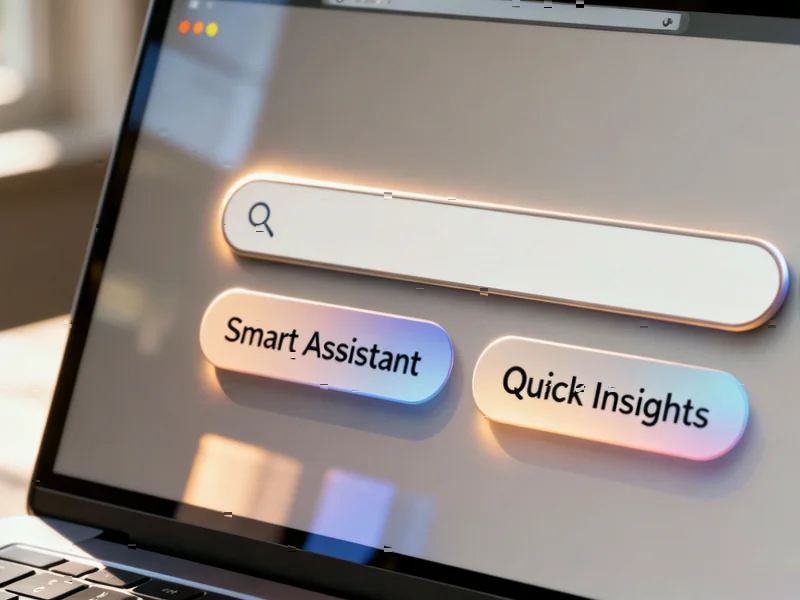According to Android Authority, Google’s AI-powered learning tool NotebookLM just gained Deep Research functionality that can instantly scan hundreds of websites to build research reports from scratch. The update, announced in a Google blog post, follows last week’s addition of flashcard and quiz support to the iOS and Android apps. NotebookLM now supports more source types including Google Drive links, Google Sheets, Microsoft Word documents, and images. This marks the first time the platform can handle Microsoft Word files directly. The Deep Research feature originally debuted as part of Google’s Gemini AI capabilities and represents a significant expansion of NotebookLM’s research automation.
The research revolution accelerates
Here’s the thing about this update – it’s basically turning NotebookLM from a simple study aid into a full-blown research assistant. Being able to instantly analyze hundreds of websites? That’s the kind of capability that could save students and professionals hours of manual work. And the timing is interesting – coming right after the mobile app updates, it feels like Google is really pushing to make this their definitive AI study tool.
But what does this mean for the broader AI landscape? We’re seeing a clear trend where AI tools are moving beyond simple chat interfaces into specialized workflows. NotebookLM isn’t trying to be everything to everyone – it’s specifically targeting the research and learning market. And honestly, that focus might be its biggest strength. When you compare this to more general AI tools, having features built specifically for academic and professional research makes a ton of sense.
The file format wars continue
The expanded file support is actually more significant than it might appear at first glance. Adding Microsoft Word document handling? That’s a pretty big deal when you consider Google’s historical approach to Office formats. It suggests Google is prioritizing user convenience over platform loyalty, which is smart. People have documents everywhere – in Drive, in Word format, in spreadsheets – and a research tool that can’t handle that diversity is basically useless.
So where does this leave us? I think we’re seeing the early stages of AI tools becoming deeply integrated into specific professional workflows. The days of one-size-fits-all AI are numbered. Tools like NotebookLM are showing that specialization combined with powerful automation is the real future. The question is whether other companies will follow suit with similarly focused AI assistants for different industries and use cases.




